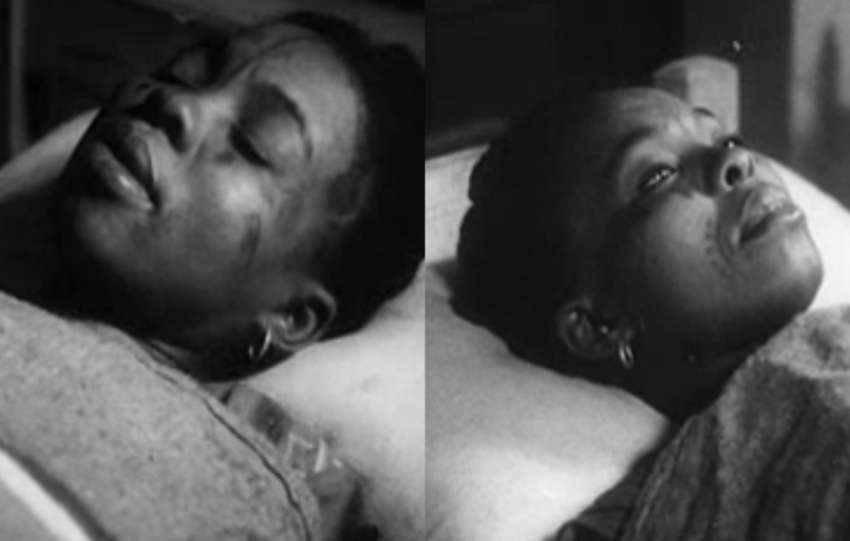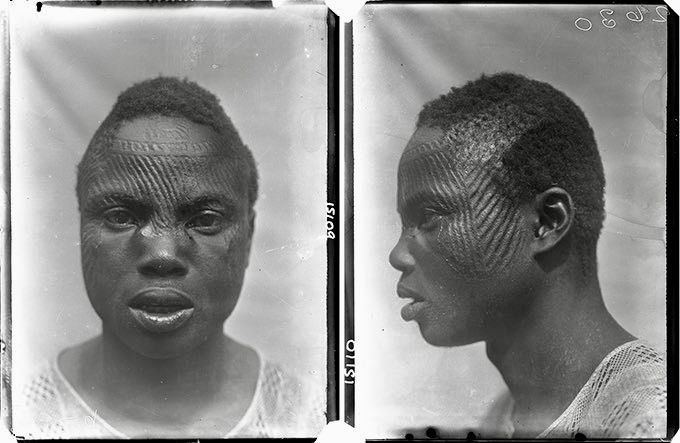The elders remind us: “Ègbè bere ùgò bere, nke sị ibe ya ebèná, nkụ kwàá ya”—let the kite perch and let the eagle perch too; if one denies the other, may its wings break. Equality has always been spoken of in Igbo land, yet history shows that it has often been difficult to practice. From colonial laws in 1956 to missionary campaigns, many attempts were made to abolish the caste system. But like yam tendrils clinging stubbornly to a stake, the divisions endured, shaping generations.
The 1956 Regional Law
In 1956, the Eastern Nigerian government passed a law declaring the caste system illegal. It made caste discrimination both a criminal and civil offence (Nwaocha, 2021). However, the law clashed with deep-seated cultural beliefs. For many Igbo, legislation could not erase centuries of superstition and tradition.

Christian Missionary Efforts
The saying goes: “Ōtù onye tụọ izu, ọ gbue ọ̀chụ”—when one person alone decides a case, it ends in injustice. Missionaries came preaching equality before God, declaring that caste divisions had no place in Christianity.
- The Catholic Church gave Ọsụ converts access to education and church leadership.
- The Anglican Church embraced liberation theology, teaching that all were equal in Christ.
Yet resistance was strong. Many Diala converts used their influence to exclude Ọsụ members even inside the church, undermining the message of equality (Nwaocha, 2021).
Western Education and Colonial Influence
The spread of Western education under colonial rule also disrupted caste practices. Literacy, clerical jobs, and teaching roles gave Ọsụ, Ọhụ, and Ụ́mụ́ families new opportunities. Some even rose to prominent positions as interpreters and administrators. Yet, as Basden (1966) observed, Diala elites resisted, using propaganda to limit the upward mobility of these groups. Education alone could not erase the stigma when culture still held firmly to the old divisions.

The 2018 Nri Cultural Ceremony
In 2018, traditional leaders at Nri in Anambra State; the symbolic cradle of Igbo civilization, gathered to perform rituals meant to abolish the caste system. The event carried great symbolism, but its impact was limited.
Why?
- Igbo governance is not centralized; each community is autonomous.
- Beliefs about caste vary across shrines and villages.
- Many rural communities remain strongly attached to superstition (Nwaocha, 2021).
Without unity of belief, the ceremony remained more symbolic than practical.
Why These Efforts Failed
As another proverb says: “Agadi nwanyi anaghi amụta ihe ọ gà-eji gwuo abụba n’ilo”—an old woman does not learn new dances in the middle of the market. Elders deeply tied to superstition resisted reforms, refusing to unlearn traditions passed down for generations.
Historians trace the failure of abolition to several factors:
- Fanaticism: Religious zeal reinforced caste laws.
- Generational Curses: Families avoided intermarriage for fear of inherited misfortune.
- Sacred Prohibition (Nsọ Ala): Contact with Ọsụ or Ọhụ was seen as taboo, requiring cleansing rituals (Talbot, 1921).
- Weak Enforcement: Laws and decrees lacked acceptance at the grassroots.

Across decades, Igbo society witnessed repeated attempts to abolish the caste system through law, religion, education, and cultural ceremonies. Yet each effort met resistance, showing that traditions rooted in belief are not easily dismantled. The story of these failed attempts remains an important chapter in understanding how Igbo society negotiated the tension between inherited customs and changing times.
References
-
Basden, G. T. (1966). Among the Ibos of Nigeria. Frank Cass & Co. Ltd.
-
Nwaocha, O. D. (2021). Abolition of Osu, Ume, Ohu and Diala castes system in Igbo community: Approach through Fundamental Cultural Liberalism. Ikenga: International Journal of Institute of African Studies, 22(1), 1–20.
-
Talbot, P. A. (1921). The peoples of Southern Nigeria. Oxford University Press.




